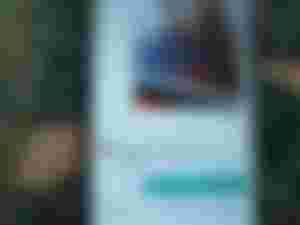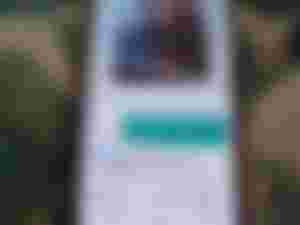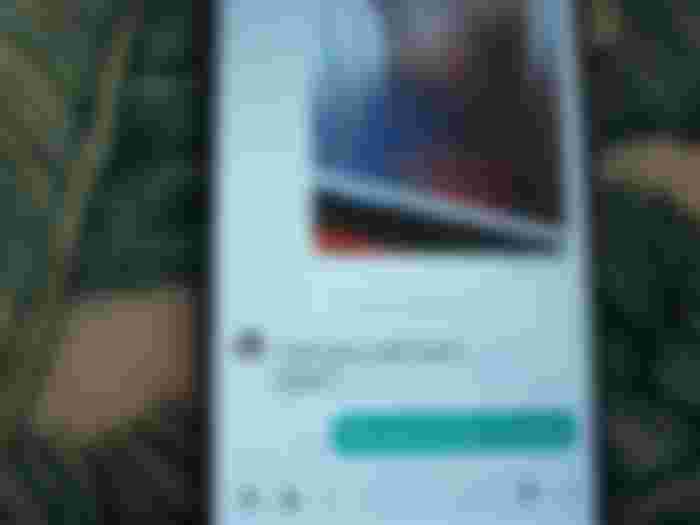Ghost sent me text message on my phone
I most recently spent a day in York England seeing all its history shopping with my partner rose we spent an afternoon in Harker's pub and went to use toilets
after our drinks and took some pictures inside it . After getting home l noticed a message on my phone at about 1.48 am in the morning it said ( call you back later?) my partner
received the same message at the same time on her phone as me and was asleep and said she did not send it next day. I did not send the message to her either at that time in the morning


Another message was on my phone typed in but not sent it said (we are inv 4n 2 z 4n b ) after doing research on the message l found out it means this
“4n+2 is not a formula that you apply to see if your molecule is aromatic. It is a formula that tells you what numbers are in the magic series. If your pi electron value matches any number in this series then you have the capacity for aromaticity.”
What is Huckel rule formula?
Image result for 4n 2 z 4n b
The Huckel 4n + 2 Pi Electron Rule
A ring-shaped cyclic molecule is said to follow the Huckel rule when the total number of pi electrons belonging to the molecule can be equated to the formula '4n + 2' where n can be any integer with a positive value (including zero).
I never sent this message and dont know anything about it and found out it was by him below
Armand Arthur Joseph Hückel ForMemRS[1] (August 9, 1896, Berlin – February 16, 1980, Marburg) was a German physicist and physical chemist.[2] He is known for two major contributions:
The Debye–Hückel theory of electrolytic solutions
The Hückel method of approximate molecular orbital (MO) calculations on π electron systems.
Hückel was born in the Charlottenburg suburb of Berlin. He studied physics and mathematics from 1914 to 1921 at the University of Göttingen.
On receiving his doctorate, he became an assistant at Göttingen, but soon became an assistant to Peter Debye at Zürich. It was there that he and Debye developed their theory (the Debye–Hückel theory, in 1923) of electrolytic solutions, elucidating the behavior of strong electrolytes by considering interionic forces, in order to account for their electrical conductivity and their thermodynamic activity coefficients.[3]
After spending 1928 and 1929 in England and Denmark, working briefly with Niels Bohr, Hückel joined the faculty of the Technische Hochschule in Stuttgart. In 1935, he moved to Phillips University in Marburg, where he finally was named Full Professor a year before his retirement 1961. He was a member of the International Academy of Quantum Molecular Science.


Wahh a quantum leaper of a ghost. That formula made him a brainiac of ghost too. You are brilliant for finding it out or writing a story about it.